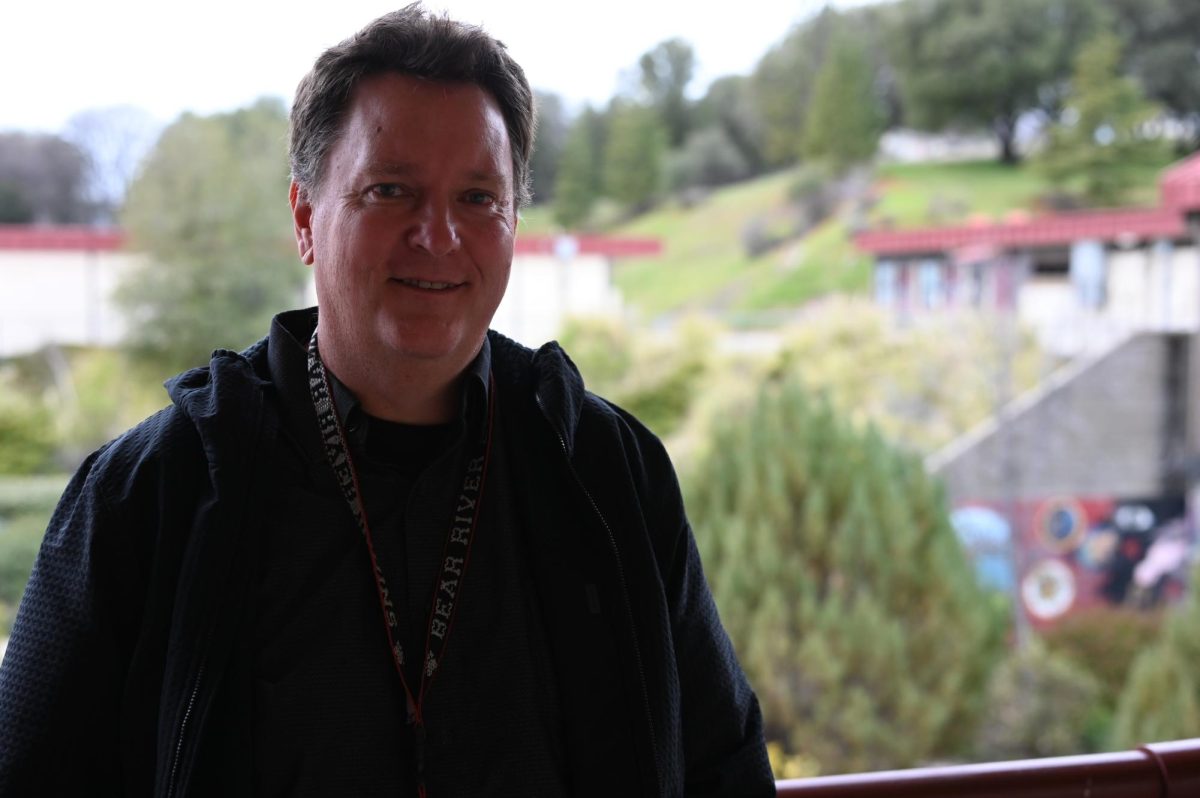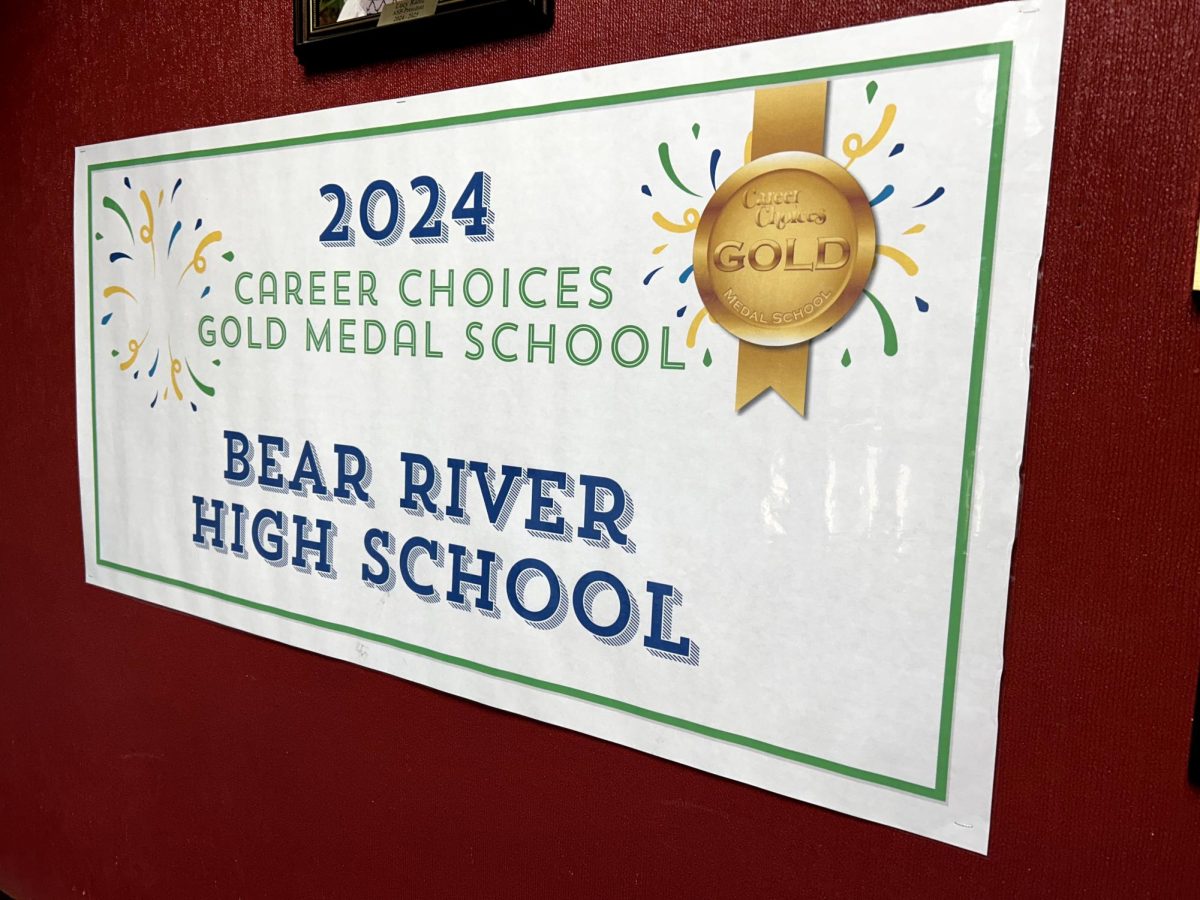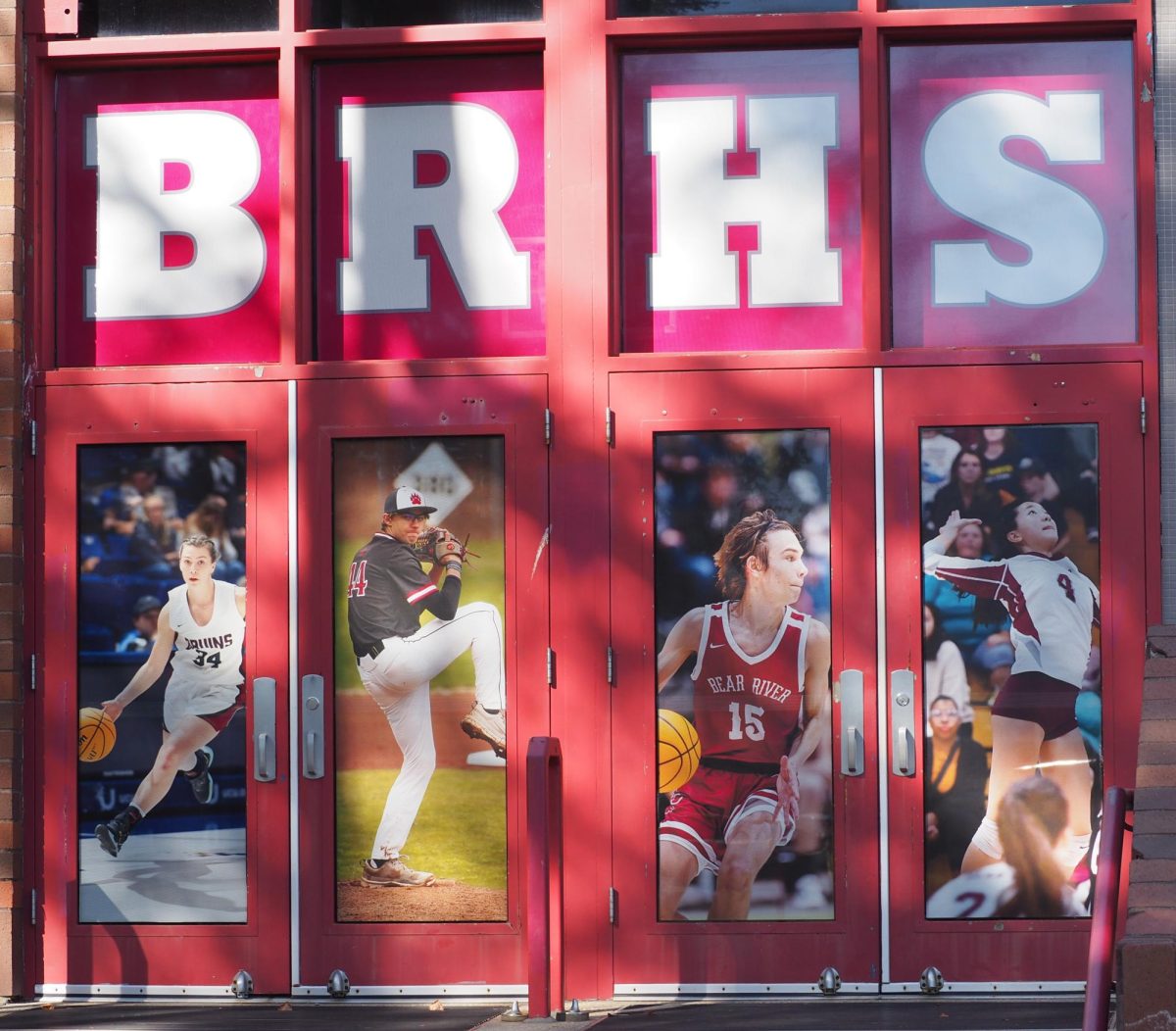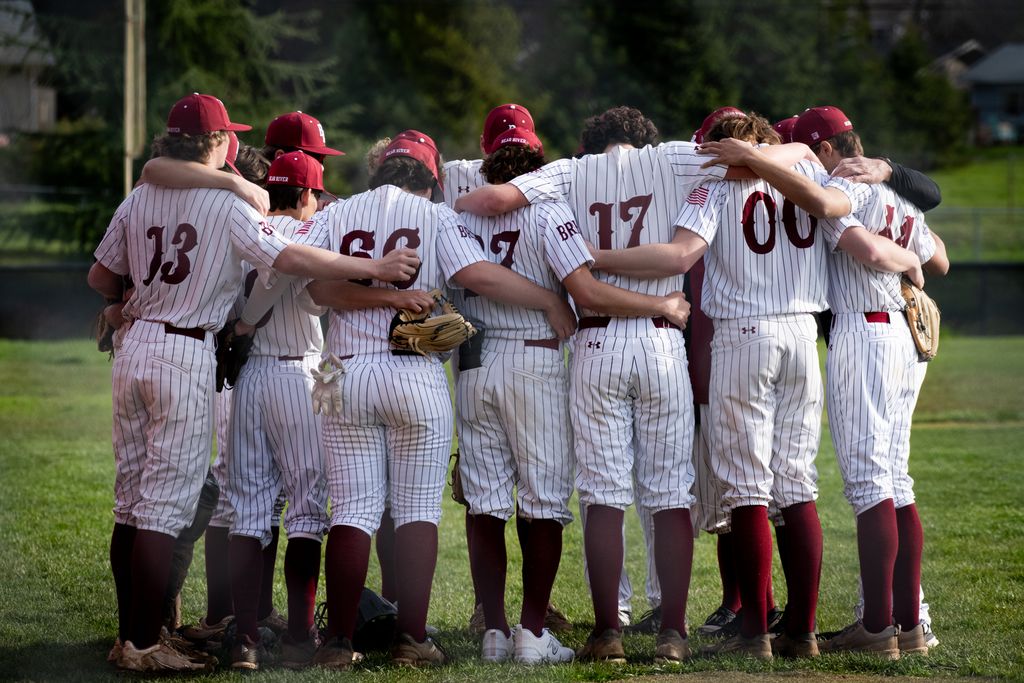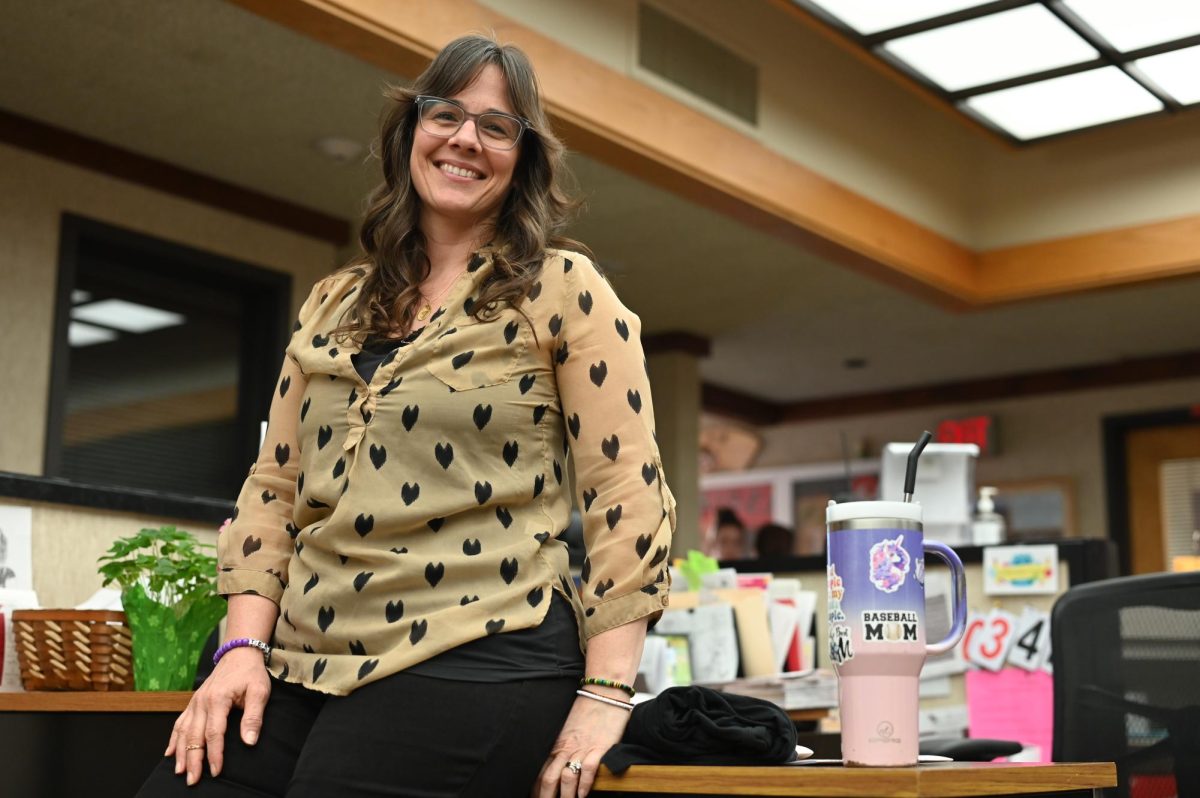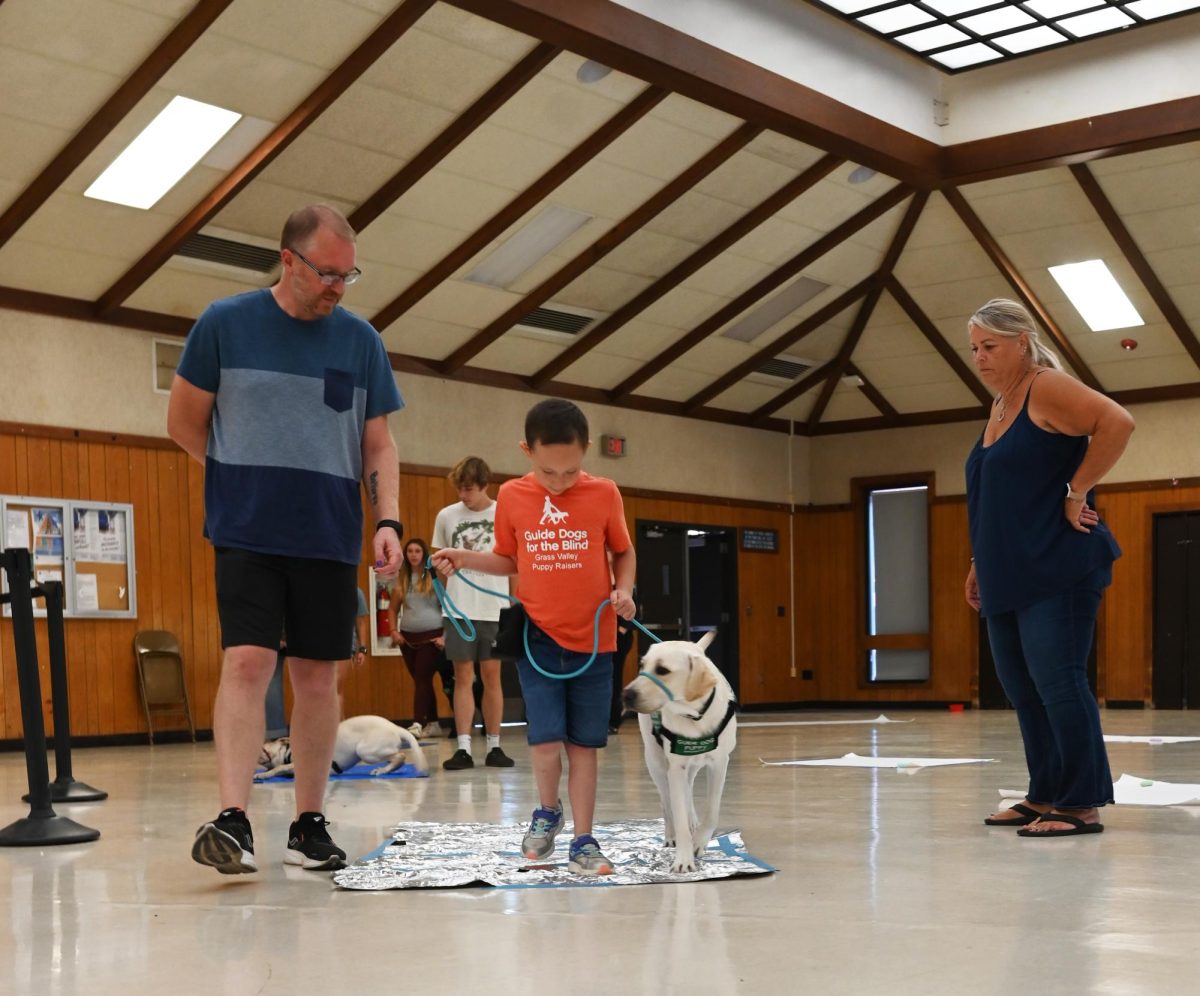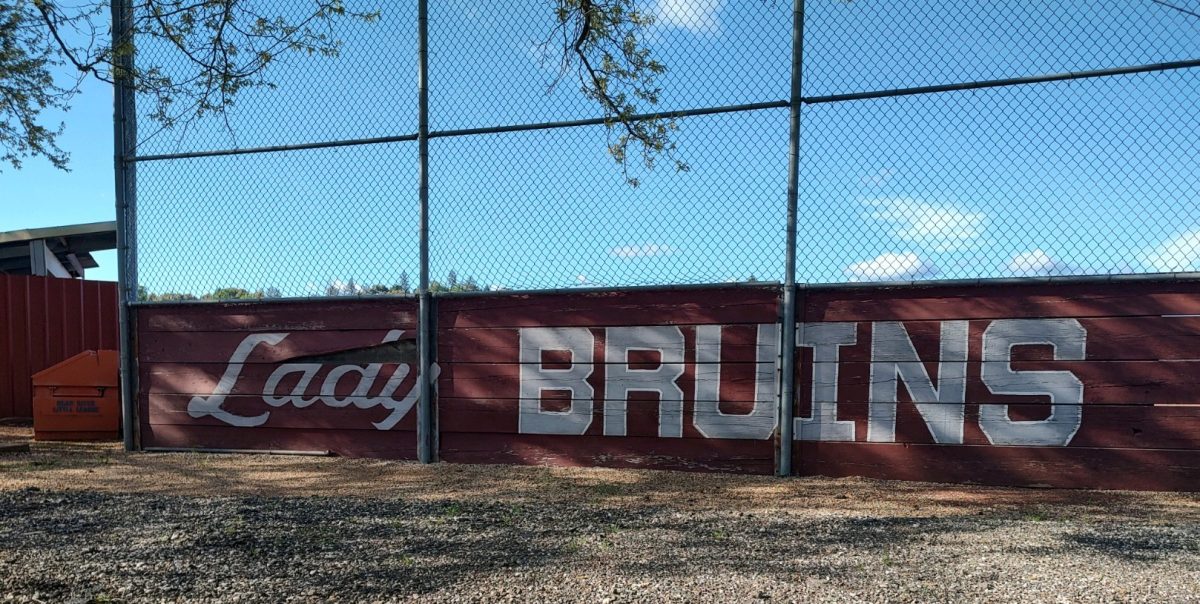Many students at Bear River have bloated schedules that deprive them of the ability to relax or do all the things they need to do, and this can have taxing effects.
Several Bruins have reported having little to no time to actually relax, and what time they do get is used for the necessities.
“After water polo, I give myself, like, an hour,” said Junior Arieal Swindell, “but it’s mainly just to eat food because I just haven’t eaten since lunch, and I’ll watch a history video for class or something, and that’s my break.”
Many Bruins are heavily involved in academics, and that often requires large amounts of studying and assignments.
Asa O’Callaghan, a senior, said, “I got all AP classes … sometimes I have virtually no free time.”
Later, when asked if he had enough time to relax, he laughed and said, “Sometimes it’s like a ton of work, like, a ton of work. In fact, I think it’s a literal ton of work. I’m surprised my spine hasn’t crushed under the immense weight.”
More and more jobs in the future require having a college education, and, according to the Georgetown Center on Education and the Workforce, 65% of jobs will require a college education by 2020, as opposed to 59% just ten years earlier in 2010. Getting scholarships and acceptances into college can be difficult, especially higher level ones, but many Bear River students are willing to put in the hours and dedication to get ahead in life, even with all the sacrifices.
“My schedule is very, very busy,” said Junior Grace Billingsley, “I take four AP classes … at home, I’m taking a college class part time online to get a certificate in engineering.”
Bear River offers many programs and opportunities that also take up students’ time. Many of these programs are sports programs, and these athletic pursuits are extremely time consuming.
“I’m also doing three varsity sports, and I’m involved in church and Key Club,” said Billingsley. “I’m part of a leadership program where I’ve been doing one hundred hours of service every year.”
Even when students aren’t actually competing in their sports, they are required to participate in practices that run late into the day, even past the time many families have dinner.
Senior Clayton Anderson said, “I have football until six o’clock.”
Several Bruins revealed that the limited amount of free time available to them is often not truly free either; it’s tainted by the same stress and expectations that dictate the rest of their time.
“If I do sit and relax, then I’m stressed about not doing my schoolwork,” said Swindell. “Over the weekend, it’s fine, but we get a lot of homework over the weekend with our AP classes, so I’ll try to do that as much as I can. Trying to make plans, I’ll be stressed during the plans, because I’m like, ‘I need to go home and do my schoolwork so I can make it through the next week.’”
This appears to be a problem that is exacerbated in junior and senior years.
“This year is really bad, like, last year, I felt like I could do what I want whenever I wanted,” said Swindell. “It was not stressful whatsoever. Now, I feel like I’m living week by week. I feel that there’s so much stuff that’s happening, it’s hard to plan for the future.”
However, there are many ways to help control the stress.
“Busy schedules can make anyone stressed … but it can be worse for students if they haven’t prepared for a busy schedule,” said School Psychologist Vicky Stanton. “The important thing is to get on top of the work, to be organized, and know what you are doing and when. This is called executive functioning, which is governed by the frontal lobe of the brain and is not fully developed until a person is in his or her late twenties or so. Students don’t always prioritize work over play, and that can get them in trouble, and lead to more stress. Guilt and consequences from parents and school can pile on the stress. Getting behind is also a major factor if a student already has his or her plate full.”
However, many enjoy having all their time filled, and actually dislike having a lot of free time.
“I also enjoy … being busy,” said Swindell, “because I’m not getting sidetracked and I feel like I need to stay on top of everything.”
Junior Tressie Costantino also enjoys the busyness of her schedule.
“I play golf and softball, that takes up a lot of time,” said Costantino. “I would say I have a busy schedule, but I love being busy.”
This goes hand in hand with the idea that stress can be a good thing, as long as a person is able to control and deal with it like they should.
“Stress can have different effects on different individuals: some may ignore it and pretend it isn’t there,” said Stanton. “But it’s never a good idea to push it away, since it can come bursting back into a person’s life when least expected. Others may become buried by it and feel overwhelmed, depressed and anxious, and those feelings are impediments to getting any work done … so the student falls farther behind … and feels more stress … It’s a spiral downward. Other students become hyper focused on their work, and dive into into it to the exclusion of every other part of their lives; this is also also unhealthy. On the other hand, a LITTLE stress, called eustress, is helpful since it keeps you on your toes, alert, and focused.”




